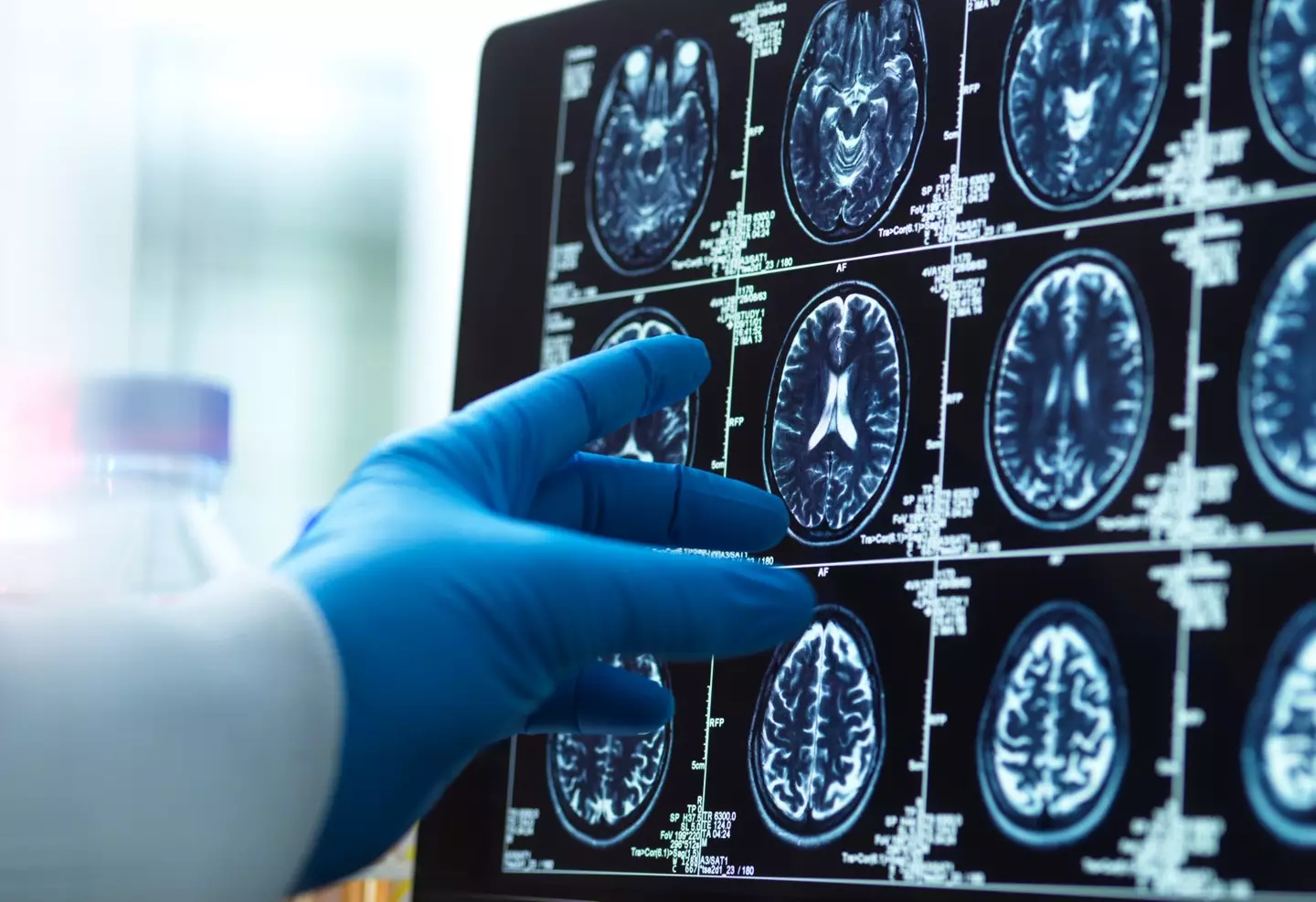Physicians are in pursuit of explanations after a young woman reported undergoing multiple daily orgasms without any sexual provocation.
This 20-year-old, whose name has not been disclosed, has found herself in a constant state of arousal over the past five years. While some may perceive this as enjoyable, the condition has proven to be deeply disruptive.
The distress caused by her condition has left her unable to attend school or maintain employment, and her personal relationships have also suffered greatly.
Her symptoms began manifesting at the age of 14, characterized by heightened sensitivity and a belief that others could perceive her thoughts, which eventually led to her hospitalization due to depression and psychotic symptoms.
Despite attempts at treatment with anti-epileptic and psychiatric drugs, the woman’s symptoms persisted.
She sought medical assistance for her continuous orgasms, but neurologists ruled out epilepsy following EEG monitoring and physical examinations that revealed no structural anomalies.

In China, she was diagnosed with persistent genital arousal disorder (PGAD), which results in constant genital arousal absent of sexual desire or stimulation, leading to significant interruptions in everyday life.
“The sexual arousal symptoms are characterized by recurrent and spontaneous orgasmic experiences,” stated Jing Yan and Dafang Ouyang of the Peking University Sixth Hospital in Beijing, who studied the woman’s condition.
The root cause of PGAD remains unclear, having been first identified in 2001. Although it is rare, it occurs more frequently in women than in men and affects about 1% of women in the United States, according to the Cleveland Clinic, although it is often underdiagnosed.
Symptoms are often described as feelings of pressure, throbbing, burning, itching, or sensations akin to pins and needles.
You might wonder how this condition is distinct from sexual arousal. The medical platform clarifies: “PGAD doesn’t feel good in the way that sexual arousal does. Sexual arousal feels good, in part because you desire the physical sensations. Desire is a key part of a healthy sexual response.

“Also, you can feel comforted that feelings of release and normalcy will follow the physical experience of heightened sexual tension.
“PGAD is different in that you lack control over feelings of arousal, and you don’t know when your body will experience relief or return to its baseline.”
Potential causes may involve nerve damage, spinal abnormalities, or medication side effects.
“Some studies have suggested that PGAD might be triggered by changes in the use of antidepressants or anti-anxiety medications, such as selective serotonin reuptake inhibitors or serotonin-norepinephrine re-uptake inhibitors,” the publication notes.
Research has also indicated a possible connection between PGAD and a dopamine imbalance, a neurotransmitter crucial to the brain’s arousal and reward processes.
Unfortunately, there is currently no cure for PGAD.

